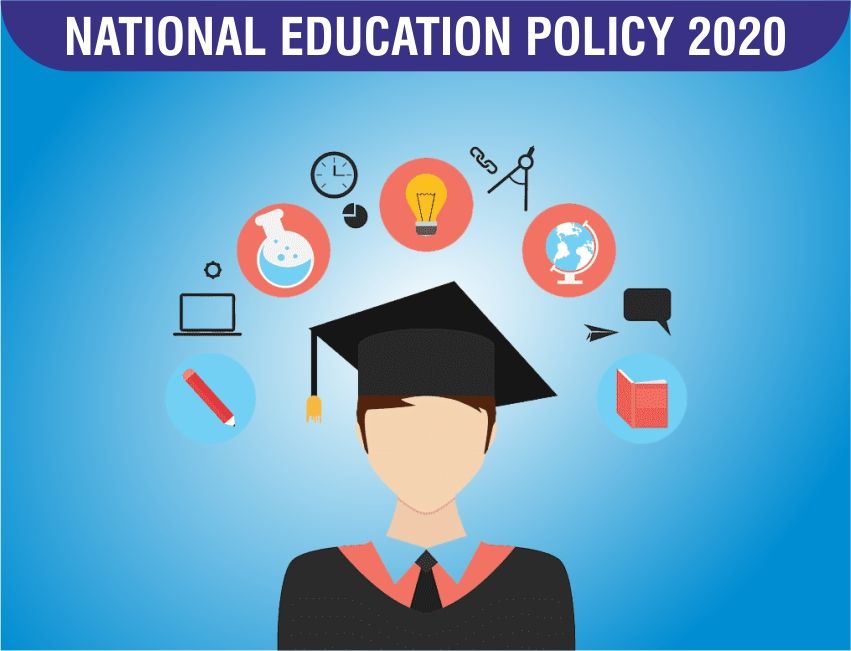Youth Corner - NEP 2020: Implementation at School Level

- Dr. A.K. Sen Gupta
- 24 May, 2024
Success of any policy depends on its proper implementation. We often see a good policy not having the desired impact because of faulty implementation or being encountered with expected / unexpected hindrances. In the above context, one needs to evaluate effectiveness of the NEP 2020 in respect of all domains including school and higher education.
The process of implementation on ground appears to be slow at this stage. There are many reasons for the same. First, awareness among various stakeholders is quite low. Students and parents who are the biggest beneficiaries are not aware of many significant provisions of the policy. Second, any change always meets with resistance from stakeholders who believe in the status quo; it needs to be met with constant dialogue and communication. The same appears to be lacking at this stage. Third, the country is too big and complex. Diversity in the education system itself is too huge and difficult to manage. For example, each state has a separate school board beside the CBSE / ICSE / IB. To bring any change in this complex system one needs lots of drive and enthusiasm and that does not seem to be happening at this stage. And finally, the Concurrent nature of listing education has its own problem as some states are opposing implementation only on grounds of political considerations.
However, it is not that nothing has moved. There has definitely been some progress in the process of implementation.
Some major among them are as under:
Nipun Bharat Mission has been launched. This is aimed at reducing dropouts at all levels of school education and improving the foundational skills of children at an early age.
The concept of Jadui Piatra (new innovative means of teaching pedagogies for the age of school children between 3 to 8 years) is a commendable achievement. Some schools in different parts of the country have adopted these innovations and started using them.
Policy on School Bag 2020 in line with recommendations of NEP 2020 has come out with many good recommendations like capping the weight of school bags and towards providing quality “mid-day meals and water” to school children. This is a welcome step.
National Mission for Mentoring (NMM) is another good step aimed to develop good teachers through the process of mentoring. The initial launch has already been done in 2022 by National Council for Teacher Education (NCTE) for 30 central government schools.
In tune with the recommendations of NEP 2020, the National Curriculum Framework (NCF) is in the process of being framed. Many state governments have set up the “State Council of Educational Research and Training (SCERT)” in line with the NCERT at the central level. Some of them are proceeding well in terms of curricular framework as well as teaching pedagogies at the state level. National Initiative for Proficiency in Reading with Understanding and Numeracy is the other good step aimed for students of standard 5.
Vidyanjali Portal Scheme is another good initiative aimed towards involving community volunteers and young professionals / retired teachers for helping local schools.
Integrated Teacher Training of 4 years duration is being implemented from next year onwards and is likely to dramatically improve the quality of school teachers in days to come.
The change in the Board Examination from next year onwards (twice a year) will reduce the stress level of students and parents.
Moving Ahead:
As can be seen from above, some steps have already been taken; however, the pace needs to be faster if we have to see tangible outcomes at the end of school education. These are early days.
Dr A K Sen Gupta is Founder and Convener, Higher Education Forum (HEF). He is former Director of SIES College of Management Studies (SIESCOMS), Navi Mumbai and Bharatiya Vidya Bhavan’s S P Jain Institute of Management & Research (SPJIMR), Mumbai. He may be contacted at aksengupta51@gmail.com or 9821128103.





